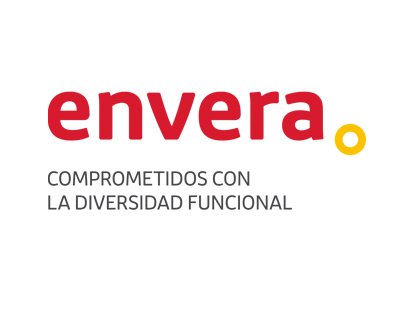Madrid | September 2, 2015
The incapacitation of a person is often a tough decision to make for parents and family members of people with disabilities.
However, we must lose the fear of this process, which is aimed at protecting the person with a disability by limiting the person's ability to act, only in the areas where he/she needs it and seeking the necessary support.
The procedure may be initiated by immediate family members. However, any person is entitled to bring to the attention of the Public Prosecutor's Office a situation in which there is a lack of protection of a person presumed to be incapable.
The lawsuit can be filed with a lawyer and attorney or through the Public Prosecutor's Office.
This demand is a simple written document of which we can find information and models on the internet in which we briefly explain the socio-family, medical and psychological situation of the person (certificate of disability) and the contact details so that the court can contact us. To this document we must attach the following documentation of the person we want to protect: photocopy of the ID card, birth certificate, certificate of census, certificate of disability and all those reports that can help the judge in the process.
Throughout the procedure, the Court will summon the person with a disability and family members, as well as any other person or professional that the Judge considers necessary for a fair sentence to be issued, adapted to the profile of the person and his or her socio-family situation.
It is important to keep in mind that it is a process that is taking, in many cases, although always depending on the court, between a year and a half and two years.
Once a judgment is rendered, it is possible:
- Appoint a natural person as legal representative, extending/enabling the parental authority of the parents or, in the absence of parents or in the event that they are not able to exercise the position (illness, dementia, age...), the relative/sibling that the judge designates as the most appropriate.
- Appoint a non-profit legal entity such as the Guardianship Entities.
During the exercise of legal representation or guardianship, in the case of parents, they will continue to do their work as they have been doing up to that moment. There is no substantial change. In the case of siblings/relatives that the judge has deemed suitable for the position or guardianship entities, they will have to present a "rendering of accounts" both at the beginning of the guardianship and annually, in which they will justify before the judge the income that their ward has and where it is destined to. These renderings of accounts that the relatives have to do, the parents will not have to do them since it is assumed that they act always looking for the welfare of their child.
In the event that the parents have designated in their will the person they want to be the guardian when they die, the judge usually respects this decision but verifying that the relationship that exists at that time with the alleged incapacitated person is adequate.
Even if a guardian has been appointed, there are certain acts for which the legal representative needs judicial authorization: accepting inheritances, selling real estate, extraordinary expenses, borrowing and lending money,...
Do not hesitate to contact Envera's social workers to clarify any information.









